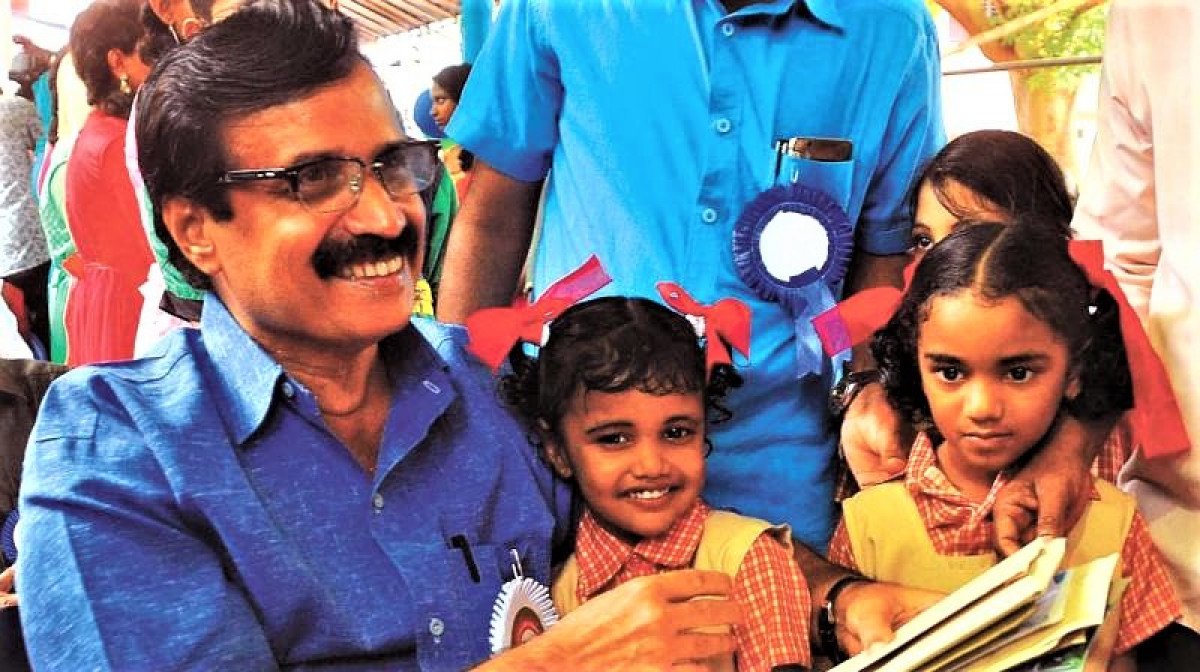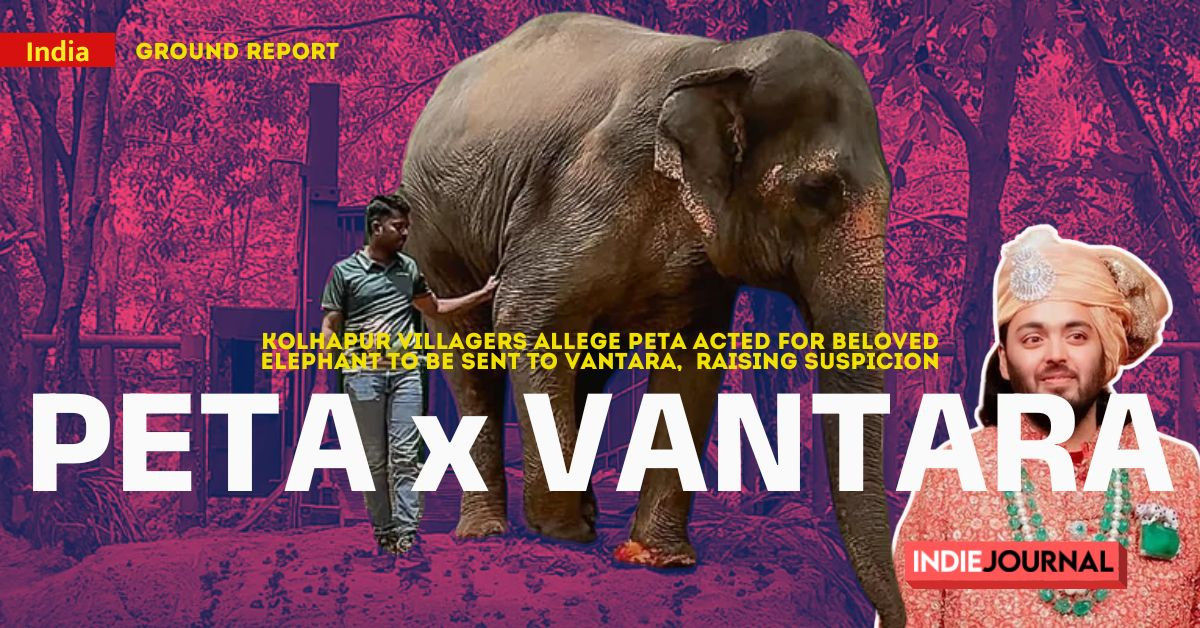India
Exclusive Interview: Kerala Ed. Minister explains the success of Kerala's schools in the lockdown
C. Raveendranath is Kerala's Minister for General Education.

The Kerala Government recently announced that educational classes were now reaching 100 percent of the students in the state. Instead of relying totally on digital learning, the government used television, which has a greater reach, to impart school education. Kerala Education Minister Prof. C.Raveendranath (C.R) interacted with Indie Journal explaining how the state managed to bridge the digital divide in educational opportunities amidst the pandemic.
While many states are struggling with extending the reach of online education to the last child, the Kerala Government recently launched its ‘First Bell’ programme through which education is telecast to children through VICTERS channel to reach the maximum students. How was this accomplished?
C. R: Everywhere, the administrations are trying to set up the conventional teaching-learning process through online classes. However, this leaves some children out as many children do not have access to the internet, smartphones, etc. Hence, we adapted this new mode of combining online and television mediums. We have created programmes to impart education through the digital medium, as well as satellite TV. We know that there are still some students from the rural, remote, mountainous areas in the state who do not have access to television as well. We have asked the teachers to go to such students personally with laptops that have videos and other educational material and help them with learning. One way or the other, we have successfully reached 100 percent of the students in the state.
Several States and National Boards have recently cancelled their pending examinations due to the increasing number of Coronavirus cases. Kerala, on the other hand, completed five pending examinations last month, without any instance of Coronavirus infection reported. How were the examinations conducted to ensure the same?
C. R: We could conduct all the remaining examinations successfully and safely only because we took each and every necessary precaution very carefully. All health, as well as social protocols, were strictly followed. We decreased the number of students in a class and increased the number of teachers involved in the examination process. There were at most 20 students seated in a class, and only one student sat on one bench. The use of sanitisers, thermal screening of students and teachers, and sanitisation of classrooms were conducted. A total of 13 lakh students answered the examination without any case of infection.

Kerala Education Minister, Prof. C. Raveendranath (green shirt) with the students of Govt. Girls Higher Secondary School - Peroorkkada, interacting with eminent historian Prof. K. N. Panicker as a part of new GoK scheme 'Vidyalayam Prathibhakalilekku' [Schools to experts].
Educationists all over have expressed concern over the efficiency of digital classes pertaining to learning outcomes, especially for students coming from educationally backward homes. Do you think the literacy rate in Kerala, which is the highest in the country, could help the students learn better at home?
C. R: Since schools are shut, the home itself is a classroom now. Since parents in Kerala are mostly literate themselves, they can intervene in their children’s day-to-day learning. Everyone can sit together, watch the class. And along with the parents helping the children, I am sure the children will also help their parents. This will create a new learning culture in Kerala.
When is Kerala planning to reopen its schools? Considering the COVID-19 outbreak and its aftermath, what changes could be applied to schooling after reopening?
C. R: If the situation in the state continues to get better like now, there is a chance we might reopen the schools in the next couple of months. If we prepare well like we did while conducting examinations, I think it will be possible to reopen schools in the next two-three months. Right now, it’s difficult to say what all will change, but one thing that we can say for sure is that there will be no academic slowdown. We are not going to need to cut down on syllabus. If we utilise the whole academic year wisely, we will be able to complete education just like any other normal academic years.





